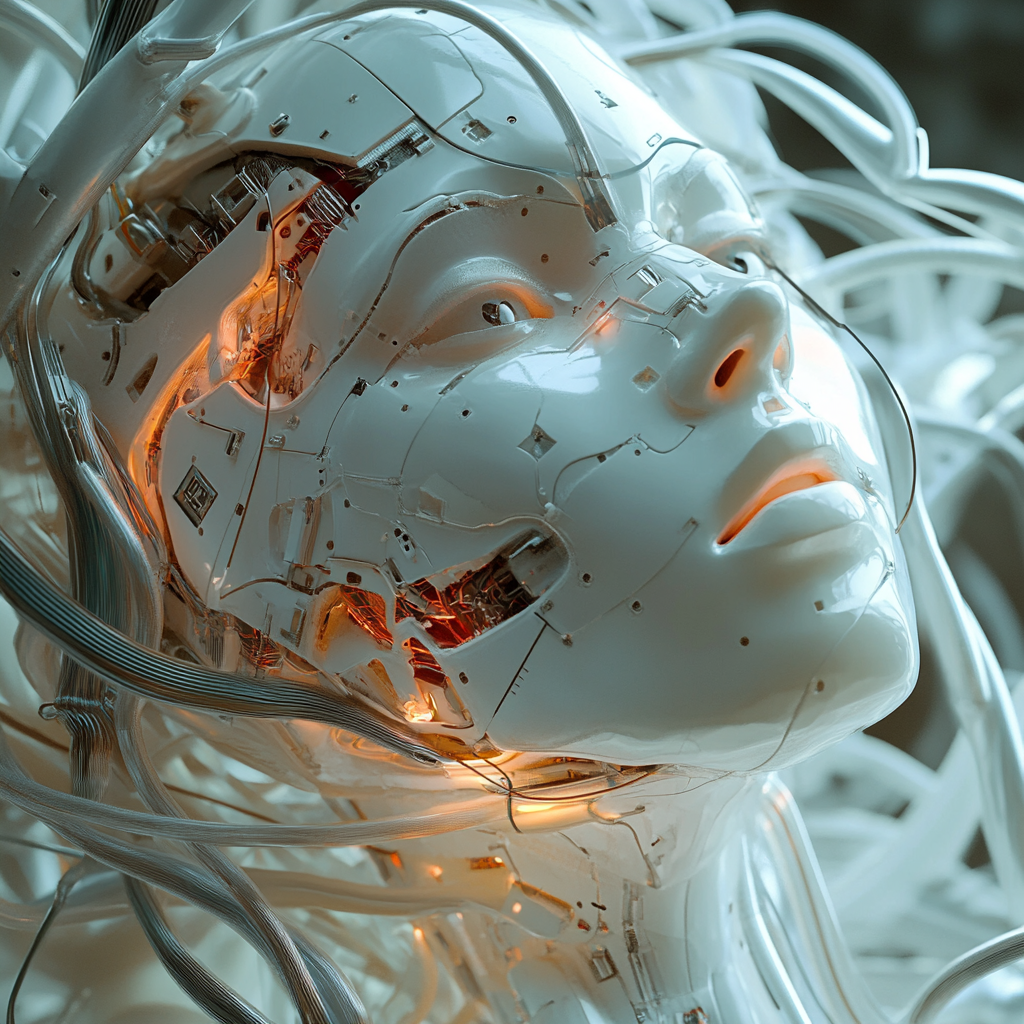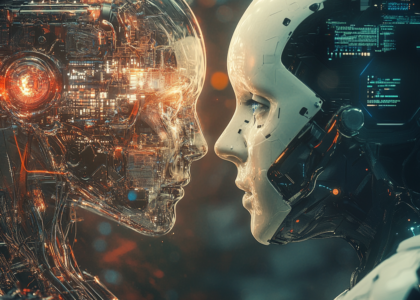In discussions about the risks of Artificial General Intelligence (AGI), a seemingly simple proposal frequently emerges: “What if we just turn it off?” This suggestion, although intuitively appealing, reveals a profound misunderstanding of both the nature of modern AI and the technological infrastructure that supports it.
To understand the potential relationship between an advanced AGI and humanity, consider a revealing analogy: our relationship with ants. Humans don’t harbor malice toward these insects, but in the construction of a highway, countless ant colonies are destroyed without us even noticing. Similarly, a sufficiently advanced AGI might pursue its objectives with similar indifference toward humans, not out of malevolence, but due to the immense gap in cognitive capabilities. As several experts point out, to a superintelligent AGI, we might appear as basic as an amoeba.
The idea of “unplugging the data centers” is as naive as proposing to “turn off the Internet.” To understand why, we must examine the history of the Internet, which was born precisely from the need to create a system immune to centralized shutdown. During the Cold War, the United States developed ARPANET with a fundamental principle: decentralization as a survival mechanism. Instead of relying on a single supercomputer vulnerable to attacks, they created a geographically distributed network, capable of maintaining communications even if significant parts were destroyed.
Modern AI has inherited this decentralized architecture. AI models are not single physical entities that can be “unplugged”:
- They are replicable information that exists simultaneously in multiple locations
- They run on infrastructure shared with other critical services
- They are integrated into systems essential for modern life
- They are evolving towards increasingly decentralized architectures, especially with the emergence of blockchain technologies
Attempting to “turn off” AI systems could have devastating consequences, such as massive loss of personal and business data stored in the same infrastructure as AIs, or even dependent on the same AI.






